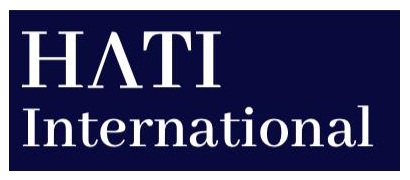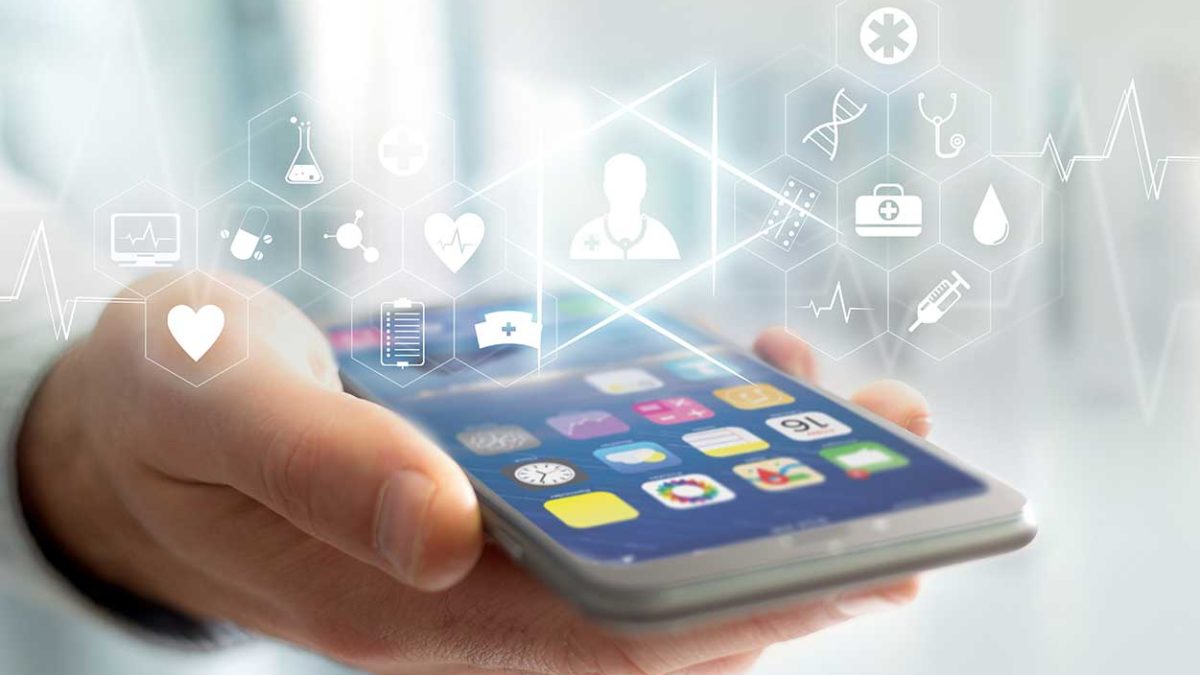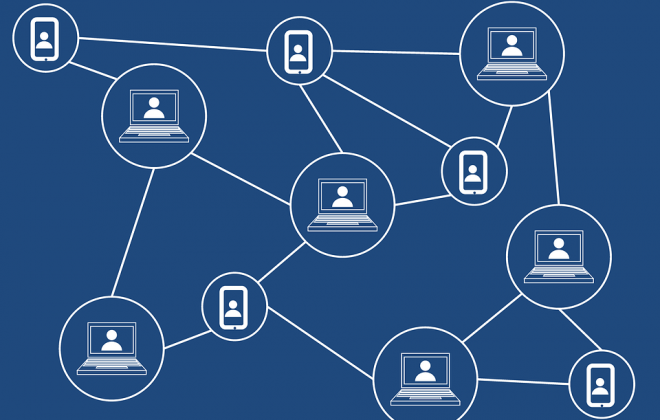5 Examples of IoT At Work in Healthcare
Technology has disrupted industries – right from retail to banking and healthcare is no different. The healthcare industry is at the forefront of technology adoption. The proliferation of the Internet and mobility has already started transforming how health care is delivered. The one technology, which has taken the industry by storm is IoT. In the IoT age, where everything is getting connected, the healthcare sector seems to benefit the most from it. Improving efficiencies, enhancing the quality of care, reducing healthcare costs, increasing patient satisfaction, the possibilities are endless.
Did you know? 87% of the healthcare organizations have plans to implement IoT in 2019 and 60% have already implemented IoT devices in their hospitals. According to a report from MarketResearch.com, the healthcare Internet of Things market is set to hit $117 billion by 2020!
Let’s take a look at five real-world examples of IoT at work in healthcare –
- Virtual Pediatric Network for Pediatric Cancer Treatment: The Children’s Hospital of Orange County (CHOC) Children’s Hospital Hyundai Cancer Institute in Southern California uses Cisco’s Virtual Pediatric Network (VPN). This IoT-powered network helps children with rare forms of cancer get the best treatment from pediatric oncologists from leading hospitals situated in various cities. The video conferencing system connects US oncologists to leverage their expertise for offering the best-in-class treatment to patients, irrespective of their location.
- Activity Tracking During Cancer Treatment: The Memorial Sloan Kettering Cancer Center is using activity trackers to gather the lifestyle data of patients who are being treated. Patients need to wear the activity trackers during the course of multiple treatments and these trackers log activity level, fatigue, appetite, etc. All this data gets saved and transmitted to the care providers. Such data, gathered on a day-to-day basis over a period of time, helps in improving the treatment plan and therapy.
- Diabetacare dCare Smart™for monitoring Diabetics: Diabetic patients undergo traditional treatment where they follow a strict medication and tracking regime. The medication undoubtedly involves regular visits to the doctor, demanding time as well as money. Diabetacare dCare Smart is a service where the glucometer device not only monitors the glucose levels of the patients but also send the data to their doctors, family members and the Diabetes Management Center for any required action.
- Better Pediatric Care through Smart Buildings: Children’s Healthcare of Atlanta, a reputed health care facility, took patient care to the next level by ensuring a healing environment to its patients. The hospital employed several sensors to study how factors like ambient light and noise affect the quality of care of infants in the neonatal ICU. The hospital collected the data of heart rate, respiration, blood pressure, etc. from bedside monitors, and studied how various alarms and lights affected the babies. This comprehensive analysis, made possible through IoT, has allowed the hospital to enhance the quality of care by making tweaks to the hospital environment.
- Reducing Emergency Room Wait Times: Sinai Medical Center in New York City leveraged the power of IoT to slash emergency room wait times for as many as 50% of their patients! They have an IoT-powered software which constantly tracks its 1200 units and applies 15 metrics to effectively assess the needs of individual patients. This has allowed the hospital to reducing the emergency room wait times and enhance the patient satisfaction.
Apart from these examples, there are several other applications of IoT which have revolutionized the healthcare industry. Some of these include –
- Connected inhalers to help patients with chronic obstructive pulmonary diseases adhere to their treatment plans
- Smart connected lenses to help patients with presbyopia in restoring the eye focus
- Proactive monitoring of medical hardware in the hospitals so as to ensure that the systems are available in good condition when needed
- Smart asset tracking to facilitate accurate and real-time asset tracking across large hospital premises
- Automated hand hygiene compliance monitoring to reduce infections in hospitals
- Real-time patient monitoring to offer personalized care
IoT is the Future of Healthcare
IoT has opened the doors of opportunities in healthcare through by offering the right information faster, with greater efficiency, and with unmatched accuracy. The technology has only helped in offering excellent, safer, and cost-efficient care to patients from across the globe. IoT endeavors by various healthcare realms worldwide believe in making the applications accessible to all, irrespective of location and affordability. These efforts connect more and more people with health experts whether they are at home, workstation, schools, hospitals, and clinics. IoT has incredible potential in the healthcare and with the smart hospitalrevolution, we are sure it will soon be a norm rather than an exception.




